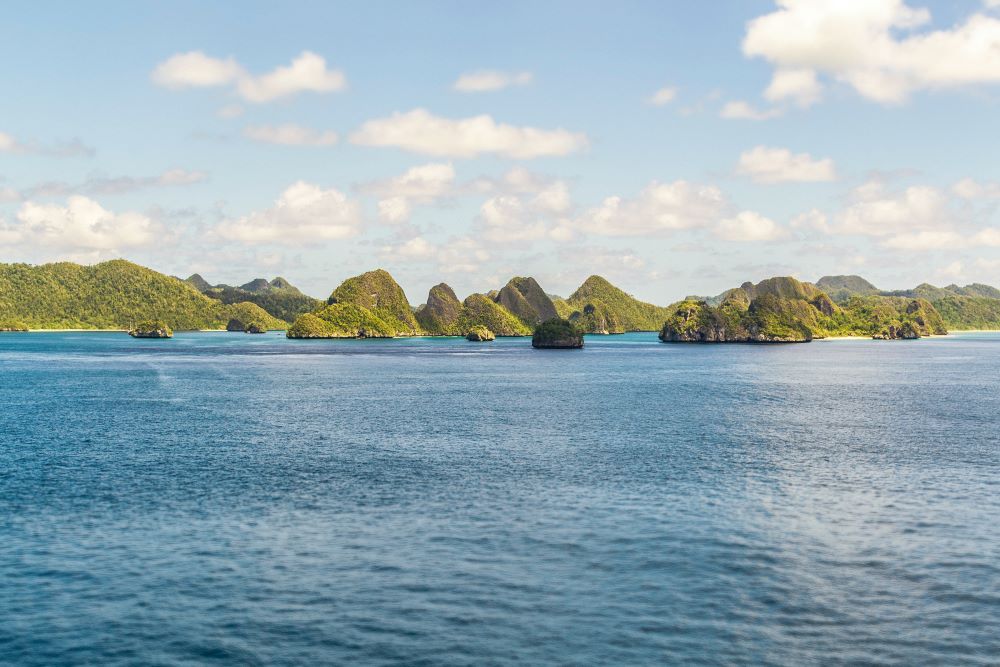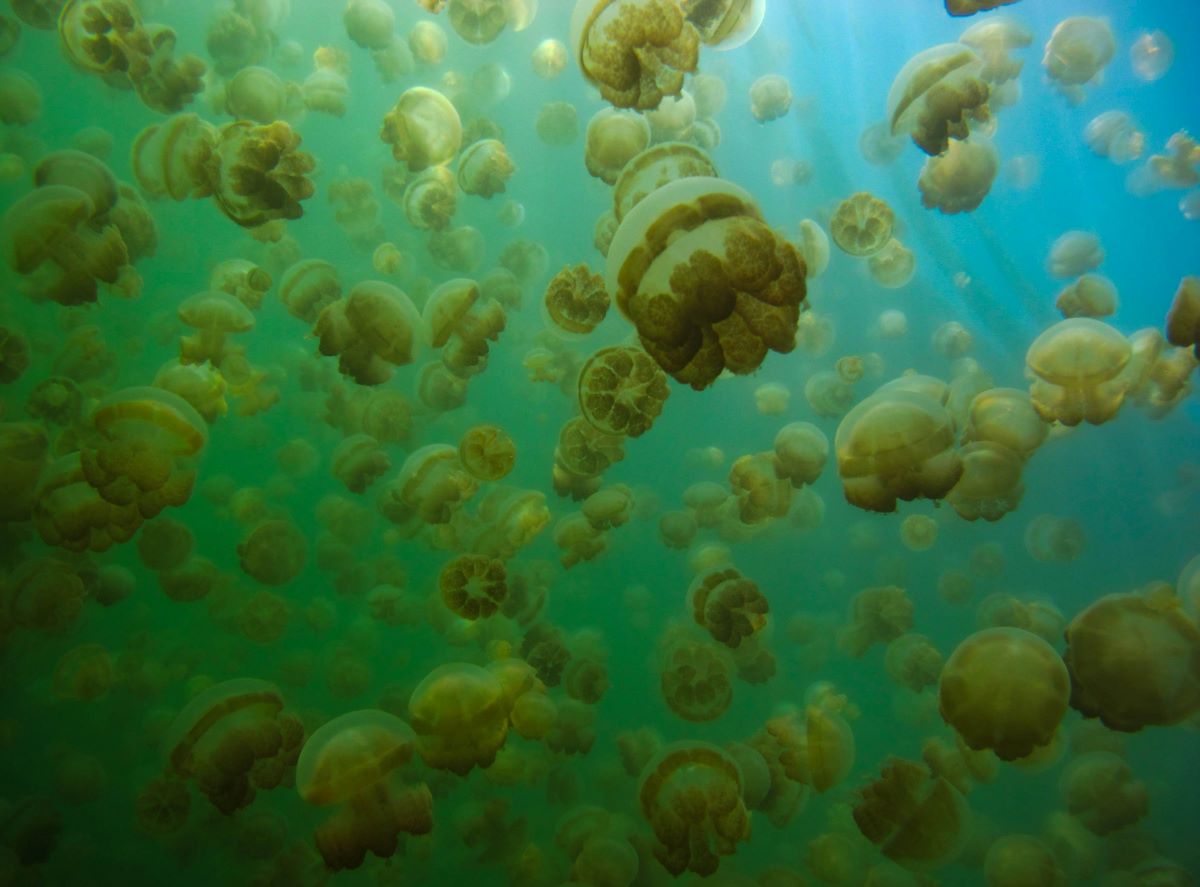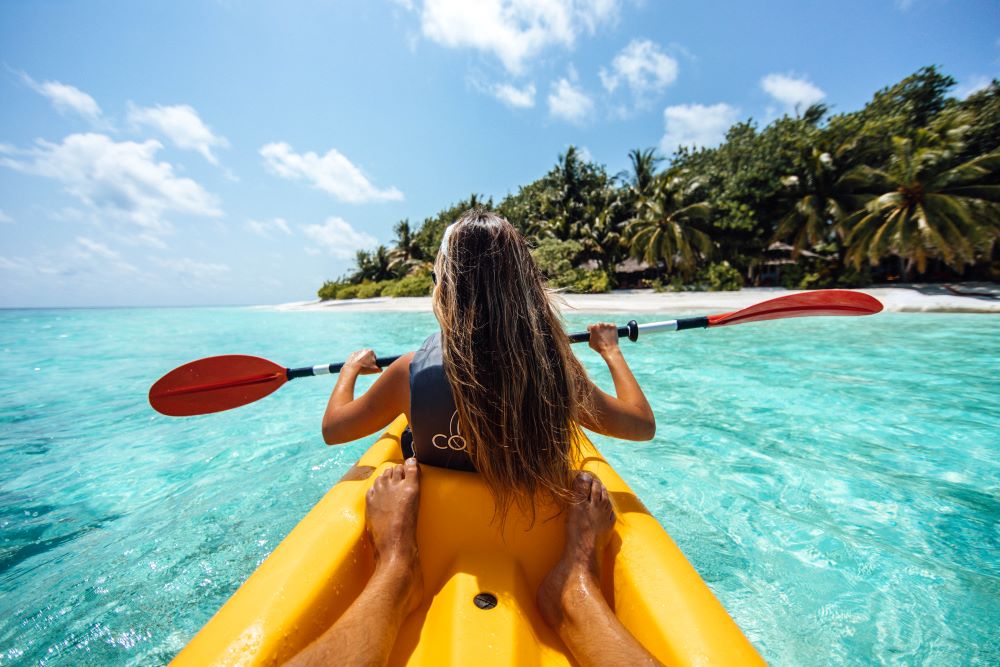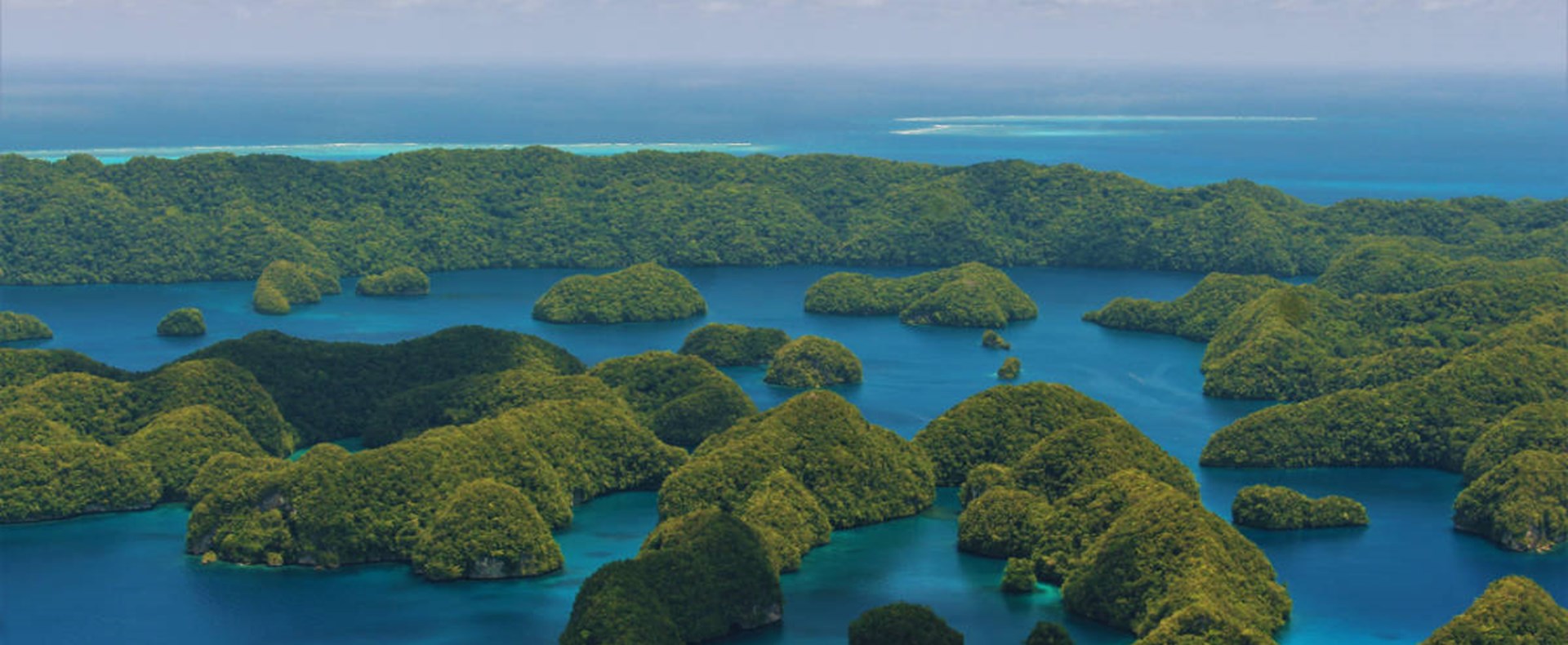
- About Us
-
Destinations
- Africa
- Austria
-
Bhutan
- Bhutan: A Journey of Curiosity and Purpose with Mindfulnests (11D10N)
- Bhutan Insider Experience with James Low (7D6N)
- Inspire Citizens: Educator X Bhutan (7D6N)
- 7 Days 6 Nights Luxury Bhutan
- 7 Days 6 Nights Fascinating Bhutan
- Uniquely designed Photography Trip to Bhutan with Michael Lee
- 7D6N Discover Spiritual Bhutan with Truly Expat (21-27 August 2025)
- A Royal Winter Journey of Bhutan: Dochula Festival & Geminids Meteor Shower (11-17 Dec, 2025)
- 11D10N Royal Highland Festival At Laya (19-29 October 2025) Bhutan
- 7D6N Sacred Journey Through the Dragon Kingdom
- China
- Indonesia
- Israel
- Japan
- Kazakhstan
- Laos
- Malaysia
- Maldives
- Mongolia
- Nepal
- North Africa
-
Palau
- 8D7N Free and Easy Palau
- 8D7N Joined In Palau Diving Experience
- 5D4N Private Palau Luxury Experience
- 4D3N Private Palau Diving Experience
- 8D7N A Glimpse of Palau
- 5D4N Free and Easy Palau
- 8D7N Discover Palau
- 8D7N Private Palau Diving Experience
- 8D7N Private Palau Luxury Experience
- 5D4N A Glimpse of Palau
- 8D7N Liveaboard Palau
- South Africa
- Sri Lanka
- Thailand
- Timor-Leste
-
Vietnam
- Vietnam: Escape to Garrya Mu Cang Chai (From 4D3N)
- 4 Days 3 Nights Art Trip with Sketch Master - Mr. Erwin Lian
- 6 Days 5 Nights North Vietnam
- 8 Days 7 Nights Explore Central Vietnam
- 10 Days 9 Nights Healing Trip with the Famous Bhutanese Rinpoche
- 6 Days 5 Nights Central Vietnam
- Alba Wellness Eco & Wellness Half Board Package
- Alba Wellness Immersive Wellness Half Board Package
- Alba Wellness Immersive Wellness Full Board Package
- Philanthropy
- Travel Tips
- Get Inspired
- Contact Us
How to travel to Palau?
From November 23, 2023, you can book a flight to Palau from Singapore via Alii Palau Airlines.
Alii Palau Airlines, operated by Drukair, departs every Thursday with additional Sunday flights starting from December 24, 2023.
You can now explore the underwater wonderland in just 5 hours.
For more information, check out www.palau.co.
Check Palau flight schedule from Palau to Singapore
Check Palau flight schedule from Singapore to Palau
History of Palau
Nestled in the western Pacific Ocean, Palau is an archipelago comprising over 500 islands, each with its own unique story to tell. The history of Palau is a tapestry woven with the threads of indigenous traditions and colonial influences. Prior to European contact, Palau was inhabited by the Palauan people, who developed a rich and distinct culture. In the 18th century, the islands encountered European explorers, including the famed British Captain Henry Wilson. In the late 19th century, Spain took control, followed by Germany, and finally Japan during World War I. Palau became a part of the United Nations Trust Territory of the Pacific Islands administered by the United States after World War II until it gained independence in 1994. This complex history has shaped Palau into the diverse and resilient nation it is today.
Palau is not just a destination; it's a journey through time and nature's wonders. With its captivating history, breathtaking attractions, and vibrant culture, this Pacific gem promises an unforgettable adventure that will leave a lasting impression on all who venture to its shores.

Culture & People of Palau
Palau's cultural identity is a testament to its resilience and rich heritage. The Palauan people have a deep connection to their land and sea, which is reflected in their customs, legends, and artwork. Traditional ceremonies, known as "bai," are an integral part of Palauan culture and often involve music, dance, and storytelling. The vibrant patterns of traditional Palauan fabric, known as "bik," showcase the artistry of the locals. The Palauan calendar is punctuated with festivals like the lively Independence Day celebrations on October 1st, which feature parades and cultural performances. Another highlight is the Belau Modekngei Festival, celebrating traditional song and dance. Visitors are encouraged to engage with the locals and experience their warm hospitality, gaining insight into the intricate web of customs and beliefs that shape Palauan culture.
The primary language spoken in Palau is Palauan, which is also the official language of the country. Palauan is an Austronesian language and is widely spoken by the native Palauan population. English is the second official language and is also commonly used, especially in government, education, and business. Many Palauans are bilingual, with proficiency in both Palauan and English.
In addition to Palauan and English, there are other languages spoken in Palau due to its diverse population and historical influences. Some residents may speak Filipino (Tagalog), Chinese (particularly Hakka and Mandarin), and other languages, reflecting the presence of different ethnic groups and communities in the country.
Palau had a population of approximately 18,000 people. The population is ethnically diverse, with a mix of Palauans, Filipinos, Chinese, and other smaller ethnic groups. The majority of the population is of Palauan descent, and the native Palauans are known as the "koror" or "koror men." It's worth noting that the population of Palau is relatively small, and the country has a unique cultural heritage and history influenced by its indigenous people and various immigrant communities.
Why Visit Palau?
Palau is often regarded as one of the world's seven underwater wonders due to its extraordinary marine biodiversity and stunning underwater landscapes. This small island nation in the western Pacific Ocean boasts a diverse range of marine life, pristine coral reefs, underwater caves, and crystal-clear waters that make it a haven for divers and snorkelers. The UNESCO-listed Rock Islands Southern Lagoon, part of Palau's waters, features a surreal landscape of limestone karsts rising from the sea, creating a visually stunning and ecologically significant marine environment. Palau's underwater wonders include vibrant coral gardens, an abundance of fish species, unique marine ecosystems, and even the opportunity to swim with non-stinging jellyfish in Jellyfish Lake. It's a must-visit destination for those seeking to explore some of the most breathtaking underwater marvels our planet has to offer.
Top Attractions in Palau
Palau's allure extends far beyond its fascinating history. It boasts a treasure trove of natural wonders and captivating attractions. Palau is a pristine paradise in the western Pacific Ocean, known for its stunning natural beauty and vibrant marine life. Here are the top 10 attractions in Palau:
- Rock Islands Southern Lagoon: This UNESCO World Heritage site is a collection of limestone karsts surrounded by crystal-clear waters. It's a haven for divers and snorkelers, with underwater caves, tunnels, and vibrant coral reefs.
- Jellyfish Lake: Located on Eil Malk Island, this unique lake is home to millions of harmless jellyfish that have evolved without stingers. Snorkeling among these mesmerizing creatures is a one-of-a-kind experience.
- WWII Wrecks: Palau is a renowned destination for wreck diving. Explore sunken ships and aircraft from World War II, including the famous USS Palau and Iro Maru.
- Ngardmau Waterfall: Located on the largest island, Babeldaob, this stunning waterfall is one of Palau's natural treasures. The hike through lush rainforest to reach the waterfall is an adventure in itself.
- Ngemelis Island: Home to the famous Blue Corner dive site, Ngemelis Island offers some of the world's best shark diving opportunities. Witness schools of sharks and other pelagic marine life in action.
- Milky Way: Found in the Rock Islands, the Milky Way is a natural spa where visitors can apply the white limestone mud to their skin, which is believed to have rejuvenating properties.
- Badrulchau Stone Monoliths: These ancient stone monoliths date back to the 10th century and are located on Babeldaob. They provide a glimpse into Palau's rich history and culture.
- Palau Aquarium: Located in Koror, this aquarium showcases the diverse marine life found in Palau's waters. It's an excellent opportunity to learn about the local ecosystem.
- Ngarchelong Ancient Village: Visit this historic site to explore the remnants of a traditional Palauan village, complete with stone monoliths and fascinating insights into ancient Palauan life.
- Carp Island Resort: While not a natural attraction, Carp Island Resort offers a unique experience, as it's situated on a private island. It's a great place to relax, snorkel, and enjoy the tranquil beauty of Palau.

These attractions highlight the natural beauty, cultural heritage, and adventurous opportunities that make Palau a must-visit destination for nature enthusiasts and divers.
Food in Palau
Palau offers a delightful mix of local and international cuisines. Here are some recommended foods to try when visiting Palau:
- Coconut Crab: Known locally as "uok," the coconut crab is a delicacy in Palau. It's a large land crab known for its sweet, succulent meat. It's often served grilled or in various dishes.
- Taro: Taro is a staple in Palauan cuisine and is used to make a variety of dishes. Try "taro root," which is similar to potatoes, or "taro leaves" cooked in coconut milk.
- Poke: Palau's version of poke is a must-try. It typically includes fresh, raw fish, often tuna, marinated with soy sauce, sesame oil, and other seasonings.
- Fruit Bat Soup: Although it may sound unusual to some, fruit bat soup is a traditional Palauan dish. It's often flavored with coconut milk and is considered a delicacy.
- Palauan-style Sashimi: Enjoy fresh sashimi prepared with local fish varieties like mahi-mahi, wahoo, or snapper. It's typically served with a side of soy sauce and wasabi.
- Fresh Seafood: Palau is surrounded by pristine waters teeming with marine life. Try local seafood dishes like grilled fish, lobster, and octopus at restaurants and seafood markets.
- Bai Buns: These sweet, steamed buns filled with coconut or other sweet fillings are a popular snack in Palau.
- Kulfi: For dessert, try kulfi, a creamy frozen dessert similar to ice cream, often flavored with cardamom, pistachios, and other ingredients.
- Local Fruits: Don't miss out on the fresh tropical fruits available in Palau, including papaya, mango, pineapple, and guava.
- Local Beverages: Quench your thirst with refreshing coconut water or try "machal," a traditional Palauan drink made from sugarcane.
While exploring Palau, make sure to sample the local flavors and traditional dishes to fully immerse yourself in the culinary culture of this beautiful island nation.
Who should visit Palau?
Palau offers a diverse range of experiences that can cater to different types of travelers. Here are the types of travelers who might particularly enjoy visiting Palau:
- Divers and Snorkelers: Palau is often considered one of the world's top diving destinations. Its pristine coral reefs, diverse marine life, and famous dive sites like the Blue Corner attract divers and snorkelers seeking underwater adventures.
- Nature Enthusiasts: Travelers who appreciate natural beauty will be captivated by Palau's lush rainforests, unique rock formations, waterfalls, and the stunning landscapes of the Rock Islands.
- Adventure Seekers: Palau offers a range of adventurous activities such as diving, kayaking, hiking, and even exploring caves, making it an ideal destination for those seeking active experiences.
- Cultural Explorers: Travelers interested in indigenous cultures can engage with Palau's rich cultural heritage, including traditional ceremonies and customs.
- Wildlife Lovers: Palau is home to diverse bird species, including the Micronesian kingfisher, and the chance to spot fruit bats, sharks, and other marine creatures.
- Eco-Tourists: Palau's commitment to conservation and sustainability makes it an attractive destination for eco-conscious travelers who want to support responsible tourism.
- Luxury Travelers: Palau offers upscale resorts and private island accommodations for travelers looking for a luxurious and secluded getaway.
- Photographers and Nature Documentarians: The natural beauty and unique landscapes in Palau provide fantastic opportunities for capturing breathtaking photographs and videos.
- History Buffs: Visitors interested in World War II history can explore shipwrecks and other historical sites.
- Relaxation Seekers: Palau's pristine beaches, tranquil waters, and serene ambiance make it an excellent place for those who simply want to unwind and enjoy the peaceful surroundings.
Palau has something for everyone regardless of your travel preferences.

How to travel to Palau?
From 23rd November 2023, you can book a flight to Palau from Singapore via Alii Palau Airlines.

